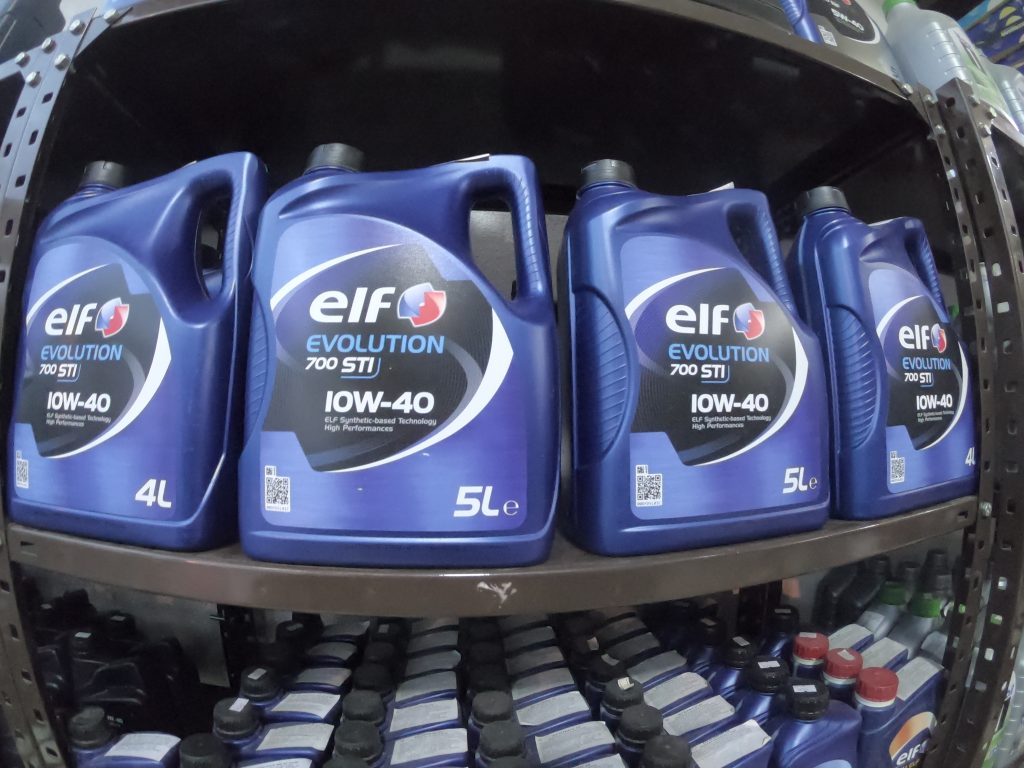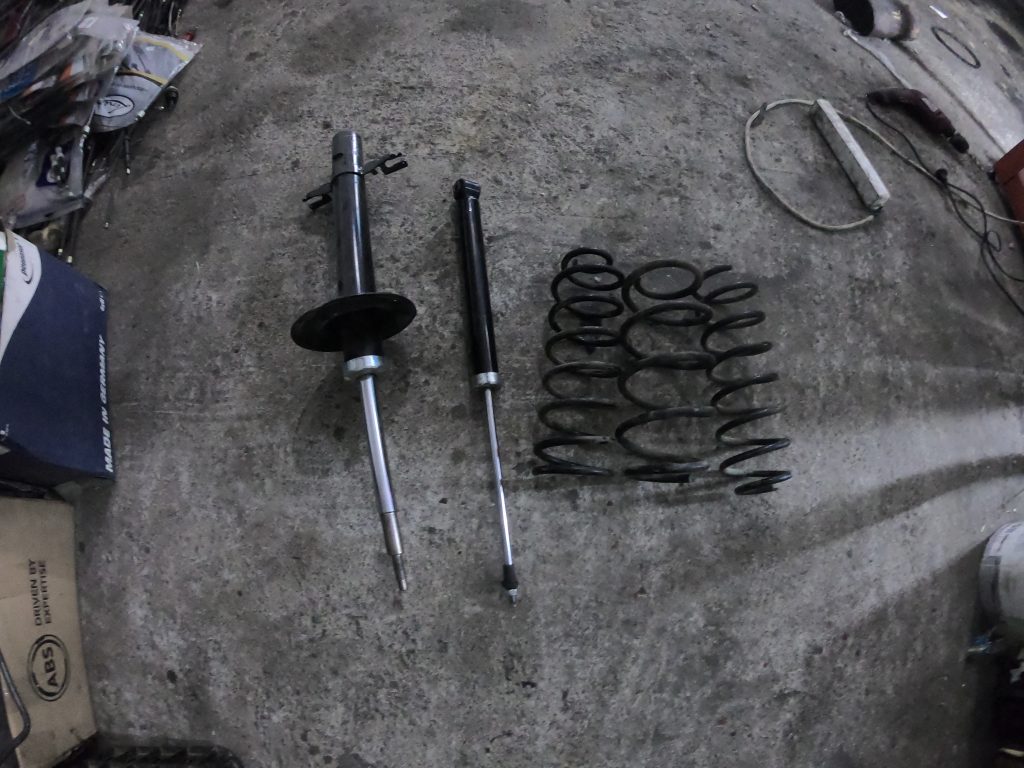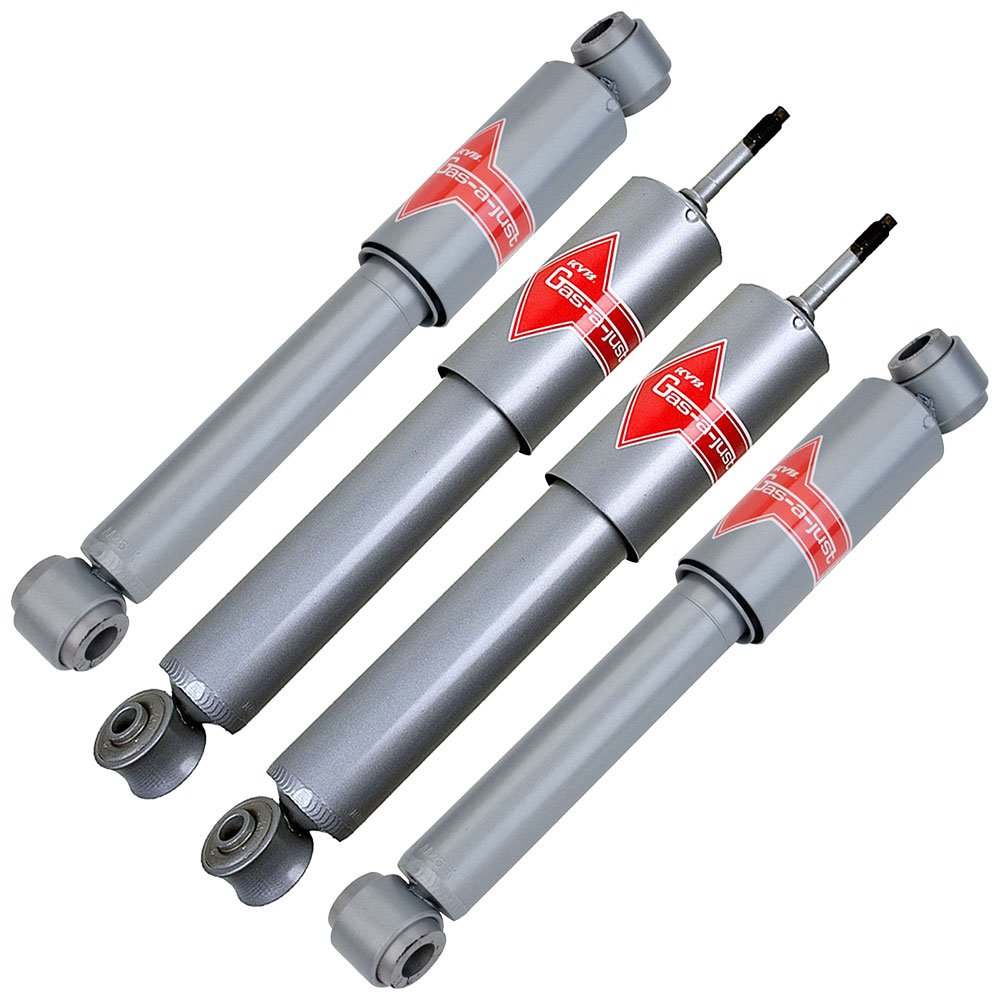Smooth operation and high performance depend on multiple factors when it comes to your vehicle’s engine but one that stands out, in particular, is oil. While lubrication is the main goal of oil it also benefits the engine as a form of insulation for all those heated parts.
There are things like motor oil types and viscosity that affect the performance of your engine which are labeled as the following, “10W-30” or “5W-30”.
While there’s a mountain of different motor oil choices, getting to know certain oil specifications is crucial to find the proper type of motor oil for your car. This information alone may be enough to get you started!
How to know what type of motor oil your car needs?
To determine which type of motor oil is the best fit for your four-wheeler, know the specifications for your engine that are given by the manufacturer. You can find these approvals in your operating handbook. Also, factors to consider are age, mileage, and the current temperature.
Understand motor oil labels (SAE Grades)
When it comes to labels, one thing which you’ll see is the SAE (Society of Automotive Engineers) viscosity number. The viscosity rating system is developed by this organization.
Viscosity presents the measure of the oil’s resistance to flow or simply put how easily the oil is going to circulate through the engine.
Obviously the thicker it is, the slower it will move and vice versa.

The first number in 5W-30 represents the viscosity of the oil at low temperatures, if the number is lower then means it thickens less in cold weather. That means better cold start performance. The “W” stands for winter with the number afterward being the oil’s thickness at 212 °F (100 °C). If the number after the “W” is higher it means the oil is more resistant to thinning.
Thinning happens naturally as a result of the heat generated from the engine. Remember this, if the oil is too thick it will make the engine work harder and thus consume more power in order to turn the crankshaft.

The lower the number before the “W” the better the oil is going to be at low temperatures. You will find that most 5W oils are used in winter but there are also 0W synthetic oils that can perform well in cold climates.
Car manufacturer specifications for motor oil
Most manufacturers have their own motor oil specification. Such as Porche, BMW, Volkswagen, Mercedes-Benz, and more. Usually, all of them are “long life” designed to perform well over a longer period.

- If your vehicle manufacturer stated in the operating handbook certain motor oil specifications, you should go by them.
- The producer may also give an acceptable equivalent ACEA(Association des Constructeurs Europeens de l’Automobile-Association of European Engine Manufacturers), or API(American Petroleum Institute) specification.
Higher mileage cars require thicker oil
As time goes by, inner gaskets and seals get more and more fragile and shrink. This may cause oil spillage, which is noticeable on the lower parts of the engine or in the garage where you park your vehicle.
Let’s say your engine consumes 5W-30 (0-75.000miles), also depends on how well you treat your car and your driving habits. After that, it’s recommended to make a switch to a thicker oil in this example it is 5W-40(75.000-150.000miles). Then 10W40, 15W40, 20W50.
You get the point, thicker motor oil means less internal friction, lowering the possibility of moving the liquid pass through the gaskets and seals.
Types of motor oil
Conventional motor oil
The standard of engine oils is conventional or nowadays known as premium conventional oil. This oil for car engine is used by the majority of leading car brands since it has been tried-and-true for a long time now.
While it does only offer basic protection and it needs to be changed more often conventional oil does work with a wide variety of engines. This, of course, makes it more affordable but at the cost of no protection in exceedingly cold temperatures.
Fully synthetic motor oil
For a vehicle that has a more advanced engine or is being used for a heavy-duty operation such as towing, fully synthetic oil is a must.
This type of oil is made in laboratory settings and its true purpose is not only to protect your engine at a basic level but to improve fuel efficiency thus gas mileage.
Fully synthetic oil protects your engine from the cold too and usually provides quick movement through the engine in colder temperatures.
Also, don’t forget to choose the best towing shocks, as well.
Synthetic blend motor oil
A good middle ground when it comes to car engine oil is synthetic blends. With this oil type, you get the best of both worlds, meaning both an affordable and effective solution.
This is a mix of both conventional and synthetic oil and while it doesn’t provide the same level of protection as the latter it is still a substantial upgrade from the former. Synthetic blends reduce engine wear more than conventional oils and they don’t need to be changed as frequently too.
High mileage motor oil

High mileage oil is explicitly intended for vehicles with in excess of 75,000 miles. It helps to diminish oil utilization, limit breaks, and oil leakage. It can likewise help lessen smoke and discharges in more established motors.
Oil additives
Additives are chemicals used to enhance the lubrication performance. Some Motor Oils contain up to 5% of the total weight. Almost all commercial motor oils contain additives, and those that don’t are clearly incapable of ensuring current engines.
Types of oil additives
Anti-wear Agent
The lubricating film that is created by the oil for the car engine can break down sometimes which is why anti-wear agents are added in order to keep it protected from the engine’s metal surface. These agents usually contain a phosphorus and zinc compound known as ZDDDP.
Foam Inhibitor
When the crankshaft moves through the oil in the pan it makes it foamy and foam is not effective when it comes to lubrication. This is where foam inhibitors come into play to prevent foam bubbles from forming.
Detergents
These may not be the same detergents you use at home to wash your dishes or clothes but they do the same thing by cleaning the oil from deposits, mainly solid ones. Still, their main purpose is to maintain metal surfaces clean by keeping rust, corrosion and high-temperature sediments away.
Dispersant
This self-explanatory additive helps scatter solid particles so they don’t form as acids, varnish and sludge. While these can be individual, there are additives that act both as a detergent and a dispersant.
Antioxidant
To prevent the thickening of the oil, oxidation needs to be cut out and antioxidants are added for that exact purpose. Antioxidants are added to prevent an excess of emissions from being exhausted in the air which is what happens when oil thickens, making the engine work more aggressively thus hotter too. Some anti-wear agents also act as antioxidants.
FAQ
- Should you use the information from your owner’s manual case to decide the brand of the motor oil?
The correct answer to this question is NO. Stick to the specifications that your manufacturer has given you, but the brand is totally your choice and preference.
- Can you mix different types of motor oil?
Yes you can. All tough, for example if you mix conventional and synthetic motor oil type, the conventional motor oil will reduce the performance of the synthetic oil. Keep in mind, mixing weights is not recommended!
- What will happen if you put wrong motor oil type in your vehicle?
Utilizing unacceptable motor oil can lead to decreased lubrication and much shorter engine life. So if your car needs for example conventional oil, do so.
- Should you worry about which motor oil brand to use?
Well not quite. You should not worry as motor oil quality differs very little from brand to brand.
- Difference between 5W-30 and 5W-40?
While both of them are being thin when it comes to cold temperatures to -25°C as we can read from the number preceding the “W” sign, they have 5w-40 beats 5w-30 oil at a much higher temperature, up to 50°C while the opposite oil being good until 30°C.
Final thoughts
Once you choose the right type of motor oil for your car, you’ve got a task now to change your motor oil by yourself or visit an authorized local mechanic that does this job.





